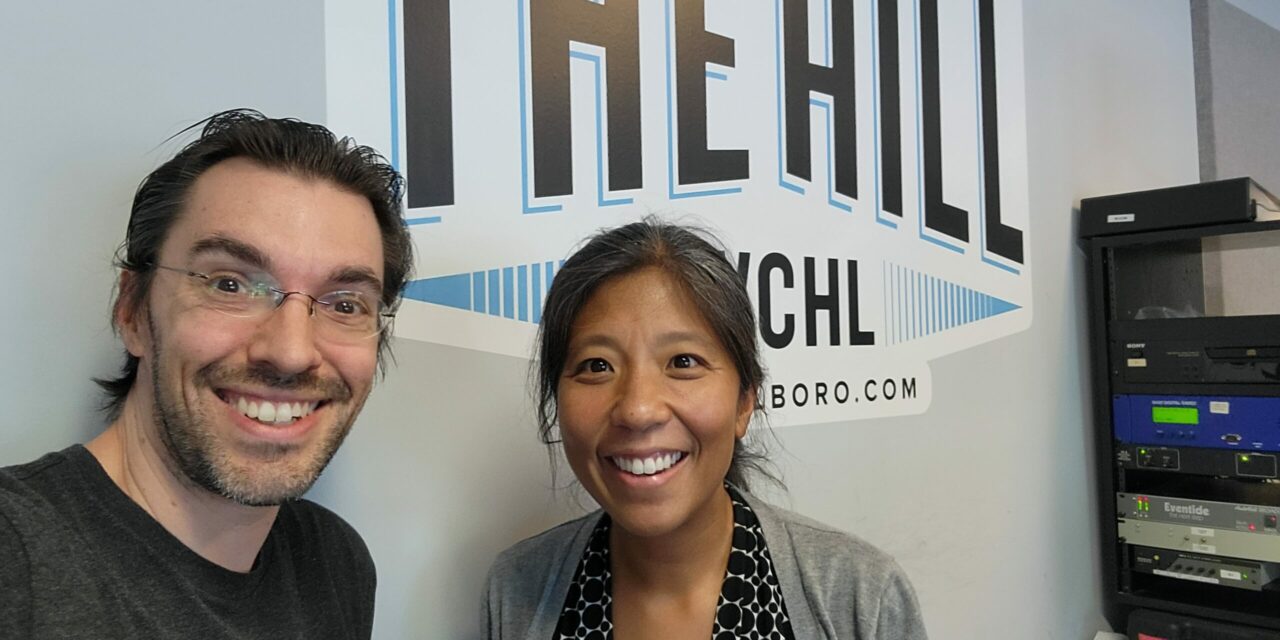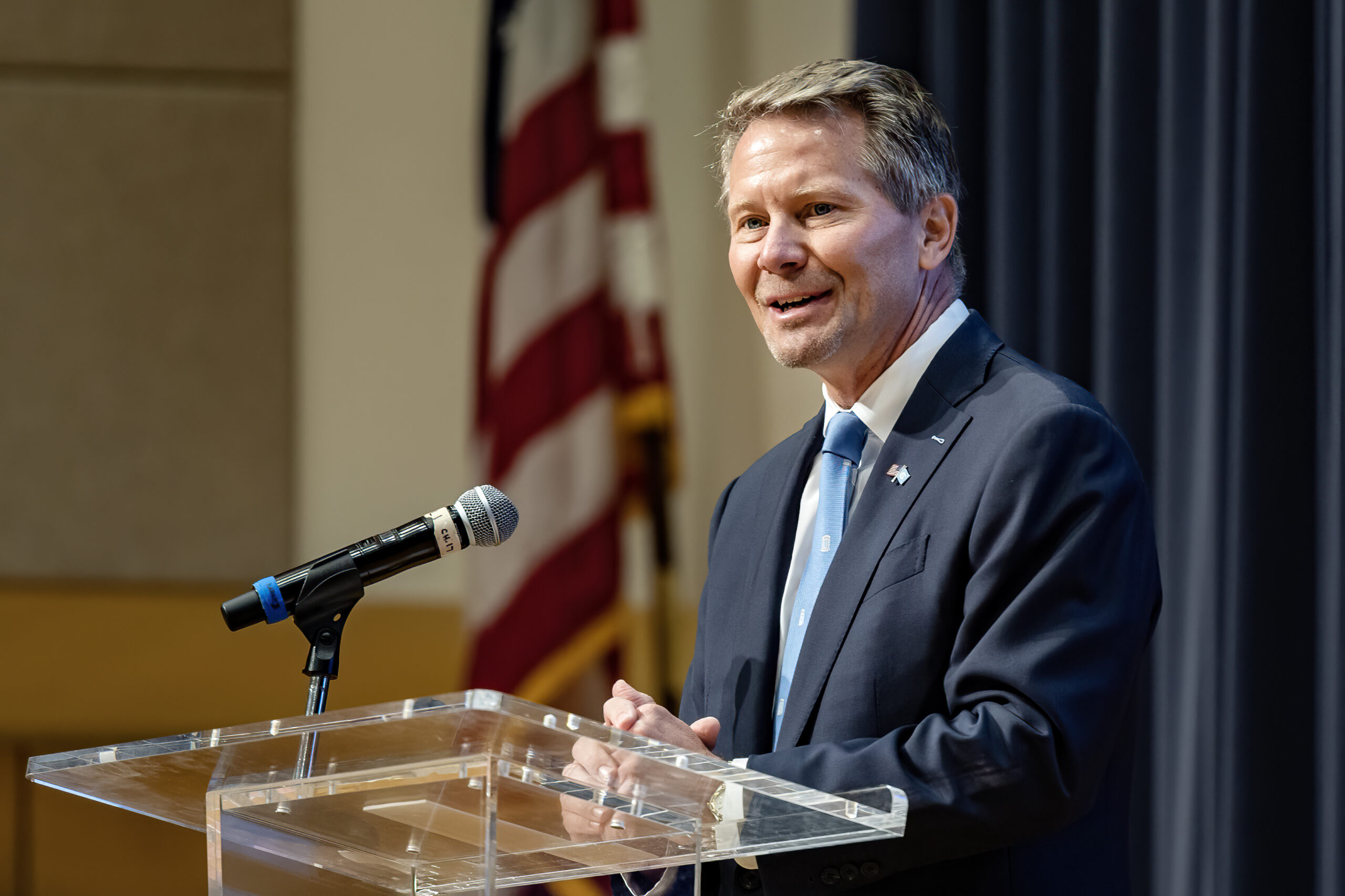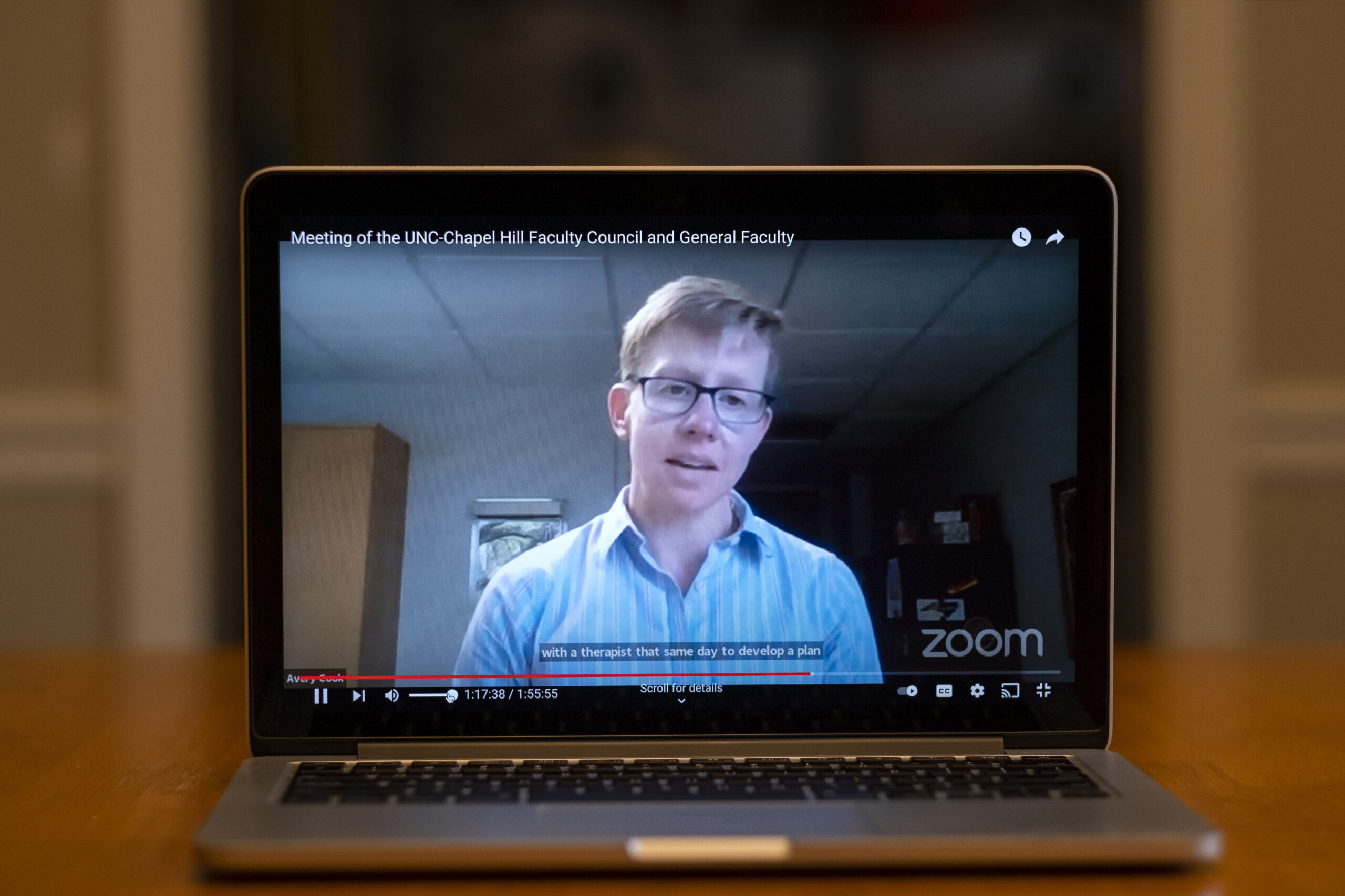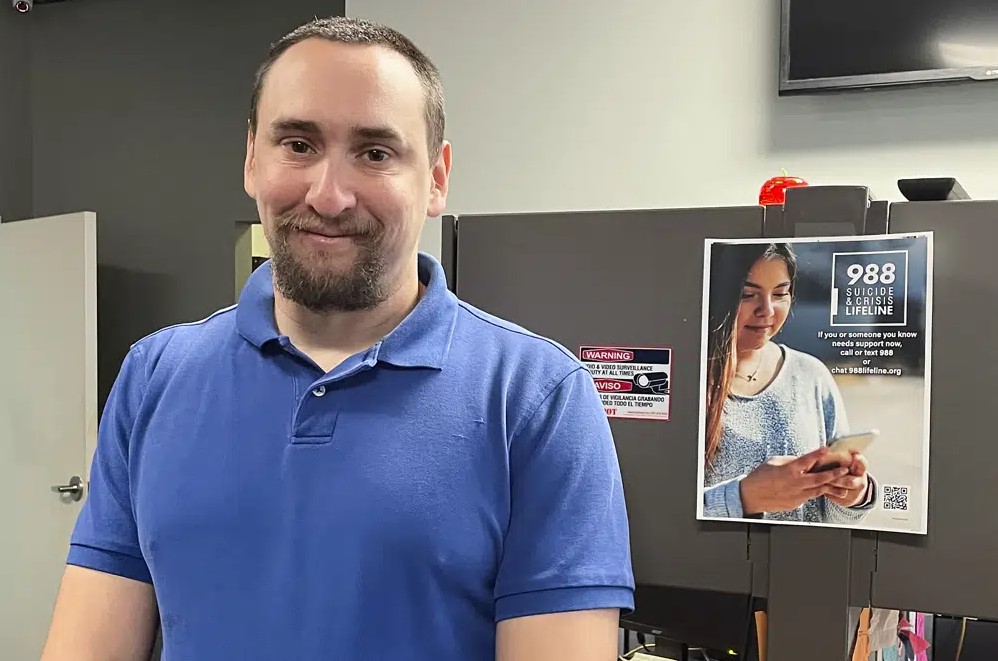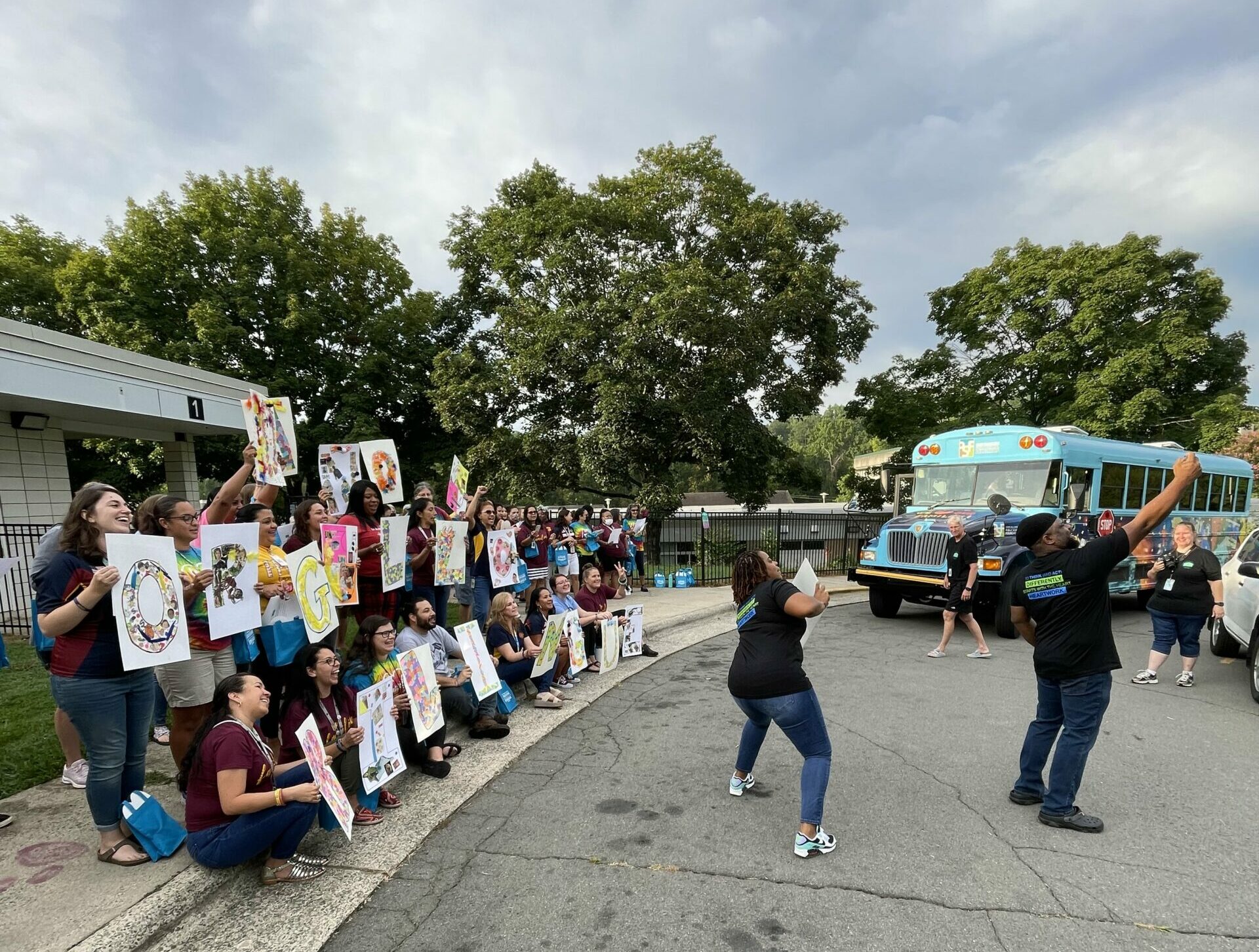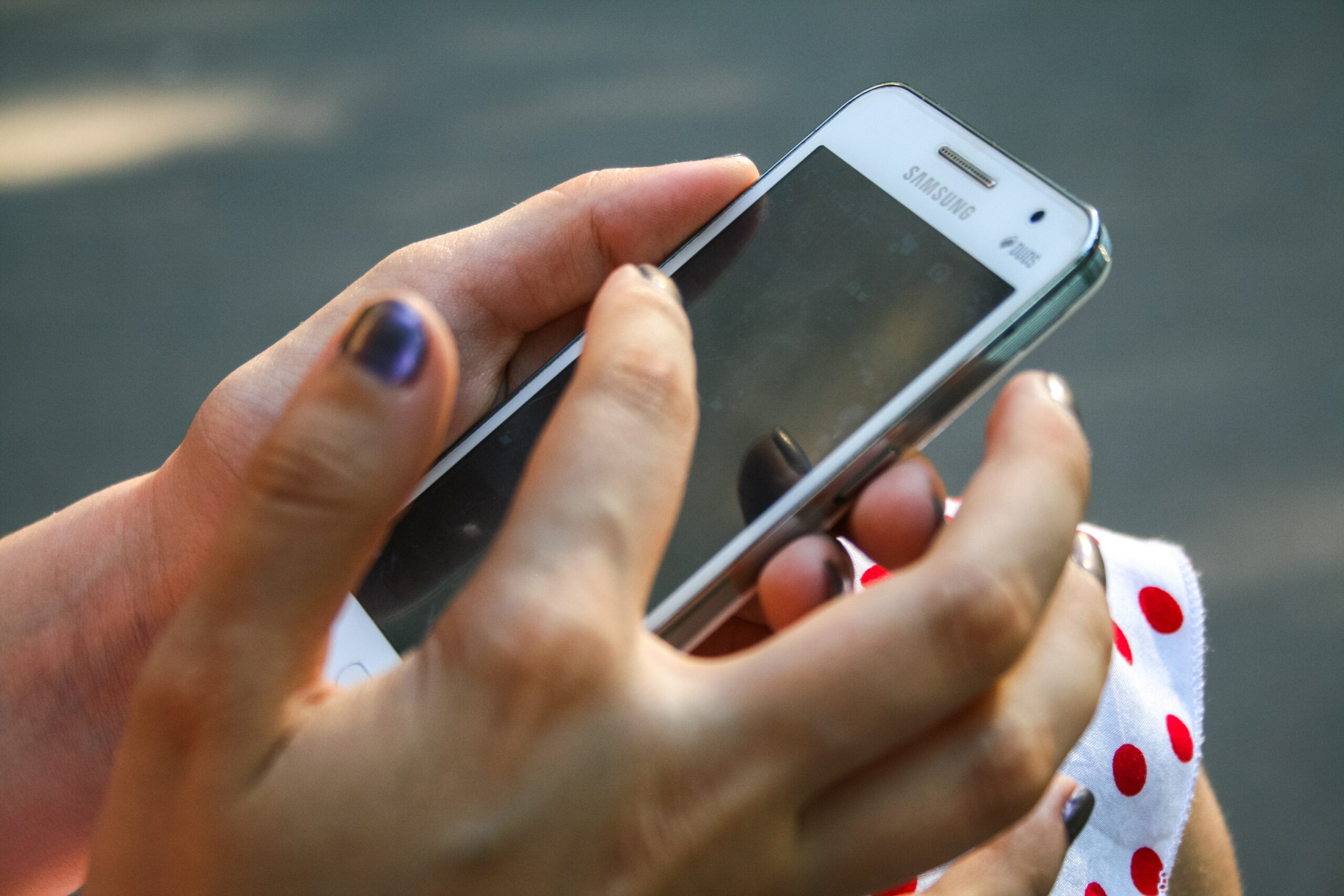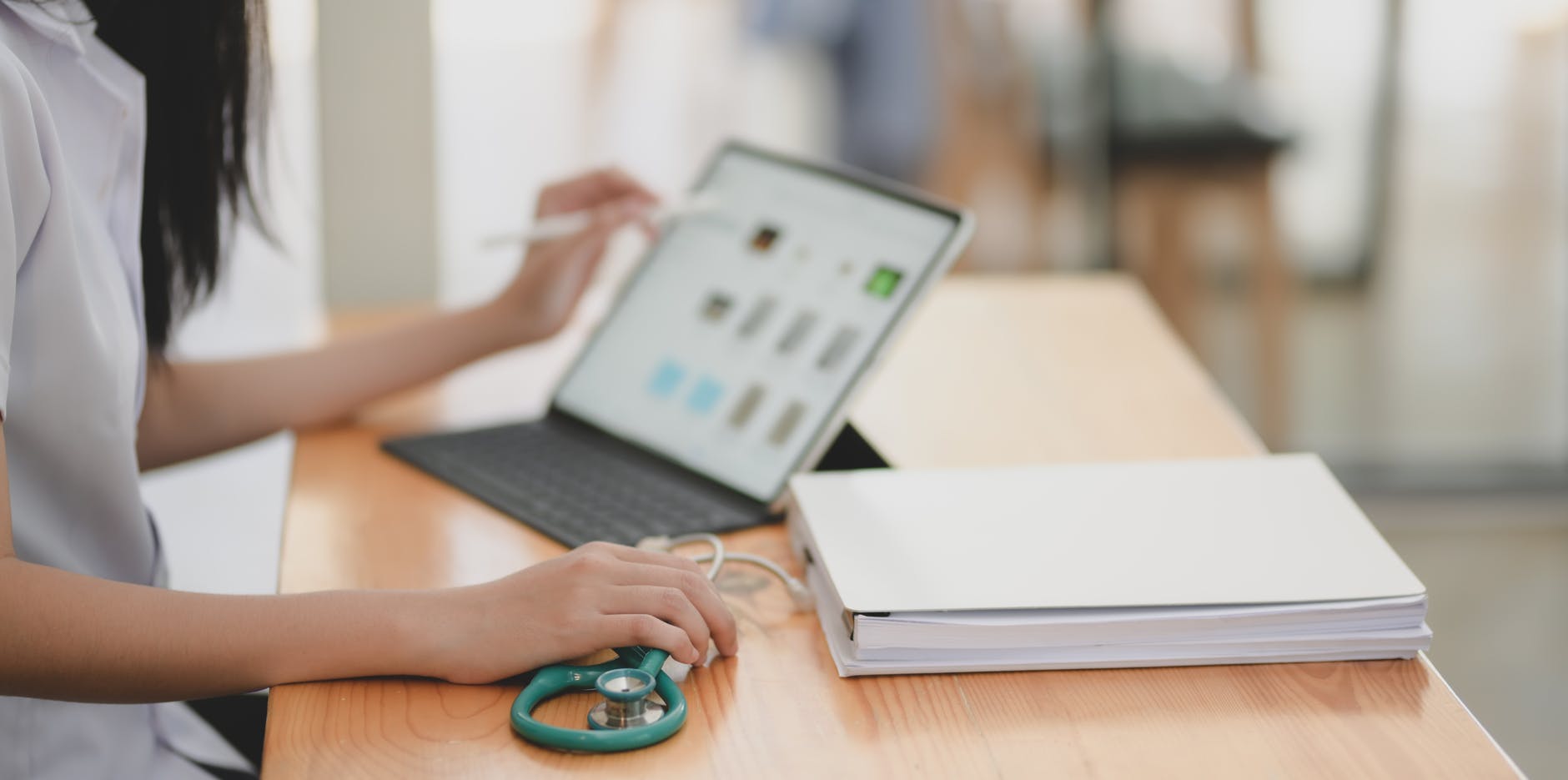The updated 988 Suicide and Crisis Lifeline recently launched, meant to make access to mental health care easier as Americans struggle with downturns in wellbeing. 97.9 The Hill’s Aaron Keck chatted with UNC professor of psychiatry Dr. Christina Cruz about the resource and state of mental health. The following is an edited transcript. Listen to the full interview here.
Aaron Keck: Dr. Cruz, thank you so much for being with us today. Good morning. Tell us about the importance of this move, creating the three-digit number for the lifeline.
Christina Cruz: Well, it’s important because crisis help is now immediately available and easily accessible with just three numbers, similar to 911, which we all know. The hope is that 988 also becomes that accessible. And so it’s for anyone in a mental health crisis. Not just suicidal concerns, but really any concerns. It’s someone to call in an emergency.
Keck: Every time someone has a mental health crisis and we’re talking about it on the air, we always mention the lifeline and I can never remember the number, I have to look it up every single time. So the fact that you can just pick up the phone and call these three digits has to be hugely helpful for people.
Cruz: Big time. And I’ll also say that they’ve just recently expanded to include texting as well as online chat [at 988lifeline.org]. That should also increase access if one cannot get on the phone to physically talk, so these are all huge breakthroughs in access.
Keck: Text the same number, 988?
Cruz: You can text 988. That’s right.
Keck: So who is this for? Who can call this line, who should call this line?
Cruz: Really anyone who’s having a mental health crisis or who’s around someone who’s having a mental health crisis, any age, any person, with any insurance or no insurance, this is really for everybody to be able to access. It’s set up so that a licensed mental health professional will be responding. And so it’s not just a dispatcher who will be sending someone, but really someone who’s there to help you think through what’s happening, try to intervene with the crisis, and only send someone out if they have to. Most of the calls, we’ve learned, in North Carolina recently — about 86% — end with that call, because that’s all that was needed.
Keck: And I think that’s an important point too because people are concerned and have had such a widespread national discussion about the role of policing, especially when it comes to mental health crises. The fact that most of these calls don’t end with people getting sent out to your house is reassuring to know.
Cruz: Absolutely. And I will say caveat of course, that if it really is a crisis where someone needs to be sent out, someone will be sent out. This is not meant to only be counseling, but again, most calls end with just the counseling, which I think should be reassuring to a lot of folks — it really is just someone who can support them in a time of need.
Keck: Also, very much like 911, it doesn’t have to be you in crisis. If it’s someone close to you, you can pick up the phone and call in for them. This move is being made in the context of what we have talked about on numerous occasions: a mental health crisis in this country, particularly in the demographic your work deals with, kids and young adults and teens and adolescents. What should folks know about the situation that folks are facing today in terms of children and adolescents?
Cruz: The crisis continues as COVID continues to evolve and change. The fact is that kids and adolescents and transitional age youth, so college kids too, have been in isolation for a long time. The amount of time it took for us to get to this point, we assume it’s going to be about the same if not more time it’s going to take to get out of it, mental health-wise. And so crises continue. Things are continuing to come to a head. Our emergency rooms continue to be full. And so that’s the state right now. The hope is with things like schools opening, at least things like 988 coming about provide more support. But nevertheless, people should be patient with themselves, with their children, with their adolescents, knowing that even if the pandemic evolves such that things like masks are no longer mandatory, the mental health effects of what has happened may still be there.
Keck: I can imagine it can be difficult for someone to pick up the phone for the first time. Partly just the nerves that you have to get over to pick up the phone and reach out for help. But what is the point at which I should pick up the phone and reach out for help? What do you suggest?
Cruz: The threshold should be low. So if you’re thinking about it, do it. There is no cost to calling 988. No one will judge you if it was a call that didn’t end up in a mobile health crisis unit coming out. In fact, again, majority of calls, that’s not the case. And so if you think about it, do it, I think that should be it. And if it turns out you only needed a few minutes and that was it, fantastic. It costs no one anything. This is provided by the federal and state governments and so it’s here for you for that. So when in doubt, call.
Keck: And that’s what they’re there for, right? They’re waiting for you to call.
Cruz: They’re waiting for you to call 24 hours a day. In fact, North Carolina is the number two state in the country for responding to these calls. Ninety-eight percent of calls right now are leading to speaking directly with a counselor whereas nationally one in six calls do not end up with a counselor. So we’ve been doing it really well. We’ve had a center since 2012 and we are a backup center for the nation because we’re doing it so well. So you should rest assured that it’s there for you and it’s supposed to be a licensed counselor that you’re talking to immediately.
Keck: As we wrap up this conversation, what else should folks know about the 988 number or anything else?
Cruz: In addition to being something where you can call and it ends as a call, if you feel like you are in an emergency and need help, they are still the number you can call to have someone show up to help. You can think about 911 or 988, either is fine. For folks down here in Chapel Hill specifically, we’ve done it very well since 1973 with a crisis unit where law enforcement and mental health professionals come together to respond. Know that that’s still a place to reach out in an emergency where you feel like someone does need to come. Either way, though, think of 988 when you’re in need of mental health help because they can also do things like connect you to our local managed care organization Alliance here in Orange County which can also help you find outpatient resources if that’s the way you need to go. So I say call, call, call, and they’ll get you what you need.
Keck: You can call 988. You can text 988. If people want information online, 988lifeline.org is a good place to go. Dr. Christina Cruz, thank you so much for being with us today.
Cruz: Thanks for having me.
Chapelboro.com does not charge subscription fees, and you can directly support our efforts in local journalism here. Want more of what you see on Chapelboro? Let us bring free local news and community information to you by signing up for our biweekly newsletter.

